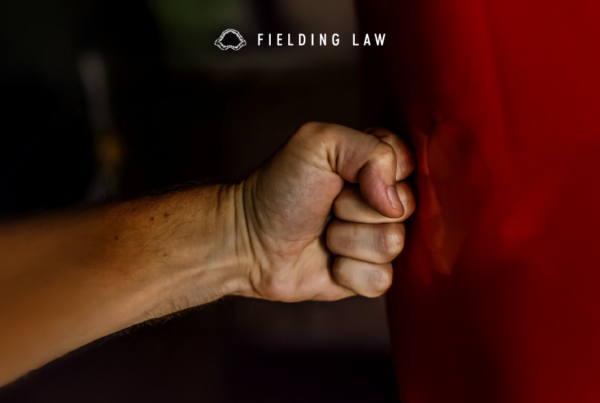What Is Loss of Consortium?
Loss of consortium allows family members to seek compensation for the emotional and relational damages caused by a loved one’s serious injury or death. This claim recognizes the significant impact that such an event can have on relationships, especially between spouses, children, or other close family members.
Types of Losses Covered
Loss of consortium claims typically cover several areas:
- Emotional Support: The companionship and emotional support the injured or deceased person provided.
- Physical Affection: The loss of physical intimacy and affection within the relationship.
- Financial Support: In some cases, the financial support provided by the injured person.
Who Can File a Loss of Consortium Claim?
Eligibility to file a loss of consortium claim depends on the relationship with the injured or deceased party:
- Spouses: A spouse may file if their partner is seriously injured or killed.
- Children: In wrongful death cases, children may seek compensation for losing a parent’s companionship.
- Other Dependents: Other close family members may also be eligible in some cases.
How to Prove a Loss of Consortium Claim
To prove a loss of consortium claim, you must demonstrate how the injury or death impacted your relationship:
- Testimonies: Provide personal testimonies about the changes in the relationship and the emotional impact.
- Evidence of Changes: Document changes in family dynamics, emotional well-being, and daily life.
- Medical and Expert Reports: Expert testimony may help illustrate the injury’s impact on family relationships.
Steps to Take If You Are Considering a Loss of Consortium Claim
If you believe you have a loss of consortium claim, follow these steps:
1. Consult with an Attorney
An attorney at Fielding Law can help you understand your rights and guide you through the legal process. Our team will evaluate your claim’s strength and help you seek the compensation you deserve.
2. Gather Evidence
Collect evidence showing the impact of the injury or death on your relationship. This may include personal testimonies, medical records, and other supporting documents.
3. File a Claim
Work with your attorney to file a loss of consortium claim as part of a larger personal injury or wrongful death case. Ensure that all relevant information is included and that the claim is filed on time.
Why Hire Fielding Law?
At Fielding Law, we are committed to helping families navigate loss of consortium claims. Our experienced team will fight for your rights and work to secure the compensation you deserve. Contact Fielding Law at 833.88.SHARK to discuss your case and explore your legal options.
Note: Information provided is for educational purposes and does not constitute legal advice. Always consult with a qualified attorney for legal concerns.





